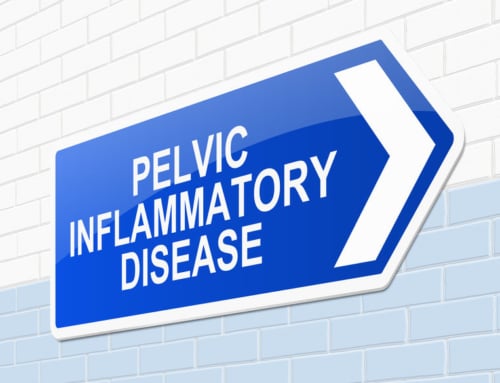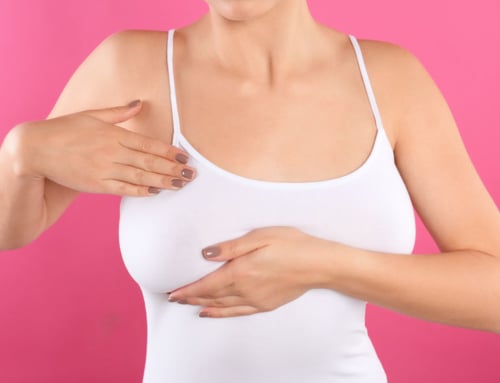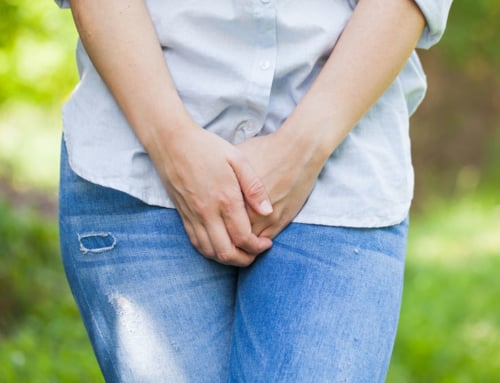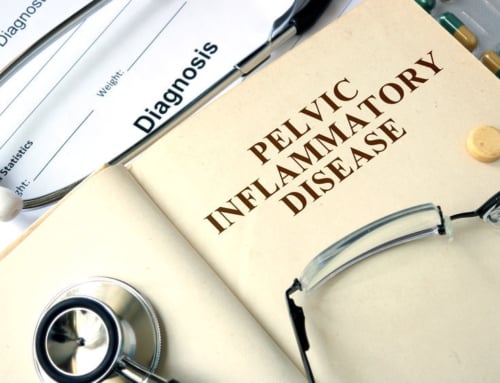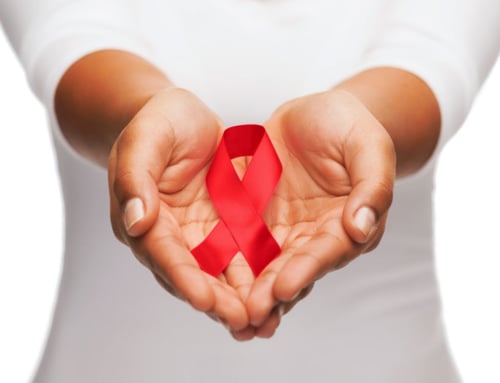Ditching The Burden Of Painful Periods
Most women experience some level of discomfort during their menstrual cycle. For 15% of women, period pains are so uncomfortable that they interfere with work and other daily activities. For some women, menstrual pain lessens after pregnancy, but for many, it continues through to menopause.
The monthly mayhem of menstrual cramps
Period pains can begin 24 hours before a period starts. They occur because of the body’s production of prostaglandins increases. These hormones cause the uterus to contract. During each contraction, the body’s blood supply to the uterus is momentarily cut off. This deprives the uterus muscle of oxygen causing menstrual cramps. Over-the-counter pain relievers can ease painful periods. However, some women may not want to rely on medication. In this case, there are lifestyle changes that will help reduce and eventually prevent menstrual cramps.
Keeping everything moving with a high fiber diet
A high fiber diet is not just beneficial for digestion; it can also help ease period pains. Combined with a low-fat diet, high fiber intake can help lower estrogen levels. Once estrogen and progesterone have been used by the reproductive system, they are processed through the liver and pass through the intestines. Irregular bowel movements mean that the hormones can get reabsorbed into the body, throwing off the healthy balance of hormones. Women who suffer from painful periods should eat plenty of high-fiber foods like beans, whole grains, legumes, fruits, vegetables, seeds, and nuts. These foods allow used estrogen and progesterone to be eliminated from the body before they can be reabsorbed. Keeping the hormones balanced minimizes menstrual cramping.
Boosting endorphins with exercise
Exercise promotes the release of chemicals known as endorphins. Not only do endorphins trigger positive feelings in the body, but they also reduce the body’s perception of pain. Exercising regularly can help to reduce painful periods and improve mood. The best exercises to relieve painful periods are ones that boost your cardiovascular rate. Going for a run, swimming, Pilates, or dance are all good exercises for stimulating the release of endorphins. Just 150 minutes of exercise per week can help prevent period pains.
Supplemental relief with herbs
Ginger has been shown to reduce painful periods by lowering prostaglandin levels. The suggested dose is 250 mg up to four times per day. Ginger can be taken in capsule form, or the powder can be made into a tea. Fennel, recognizable by its licorice flavor, may also help relieve menstrual cramps because of its anti-spasmodic effects. Fennel tea is recommended for painful periods.



